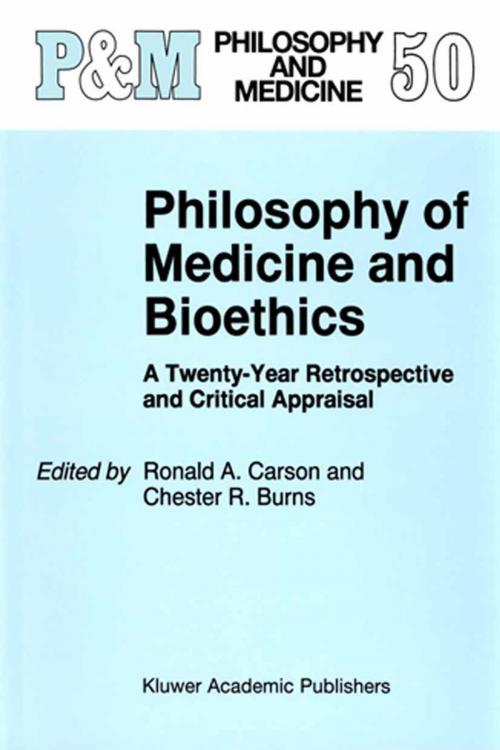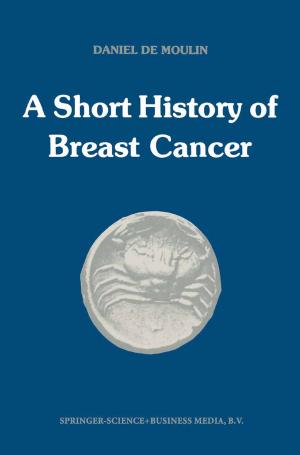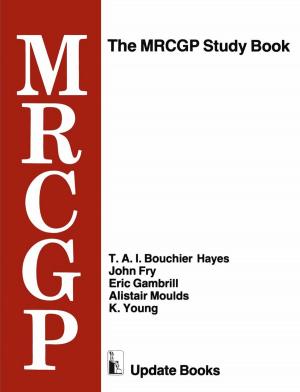Philosophy of Medicine and Bioethics
A Twenty-Year Retrospective and Critical Appraisal
Nonfiction, Health & Well Being, Medical, Reference, Ethics, Religion & Spirituality, Philosophy, Ethics & Moral Philosophy| Author: | ISBN: | 9780306481338 | |
| Publisher: | Springer Netherlands | Publication: | April 11, 2006 |
| Imprint: | Springer | Language: | English |
| Author: | |
| ISBN: | 9780306481338 |
| Publisher: | Springer Netherlands |
| Publication: | April 11, 2006 |
| Imprint: | Springer |
| Language: | English |
Papers presented at a symposium on philosophy and medicine at the Institute for the Medical Humanities at the University of Texas Medical Branch in 1974 were published in the inaugural volume of this series. To help celebrate more than 20 years of extraordinary success with the series, another symposium was convened in Galveston in 1995. The convenors asked the participants these questions: In what ways and to what ends have academic humanists and medical scientists and practitioners become serious conversation partners in recent years? How have their dialogues been shaped by prevailing social views, political philosophies, academic habits, professional mores, and public pressures? What have been the key concepts and questions of these dialogues? Have the dialogues made any appreciable intellectual or social difference? Have they improved the care of the sick? Authors respond from a variety of theoretical perspectives in the humanities. They also articulate conceptions of philosophy of medicine and bioethics from various practice experiences, and bring critical attention to aspects of the contemporary health policy.
Papers presented at a symposium on philosophy and medicine at the Institute for the Medical Humanities at the University of Texas Medical Branch in 1974 were published in the inaugural volume of this series. To help celebrate more than 20 years of extraordinary success with the series, another symposium was convened in Galveston in 1995. The convenors asked the participants these questions: In what ways and to what ends have academic humanists and medical scientists and practitioners become serious conversation partners in recent years? How have their dialogues been shaped by prevailing social views, political philosophies, academic habits, professional mores, and public pressures? What have been the key concepts and questions of these dialogues? Have the dialogues made any appreciable intellectual or social difference? Have they improved the care of the sick? Authors respond from a variety of theoretical perspectives in the humanities. They also articulate conceptions of philosophy of medicine and bioethics from various practice experiences, and bring critical attention to aspects of the contemporary health policy.















